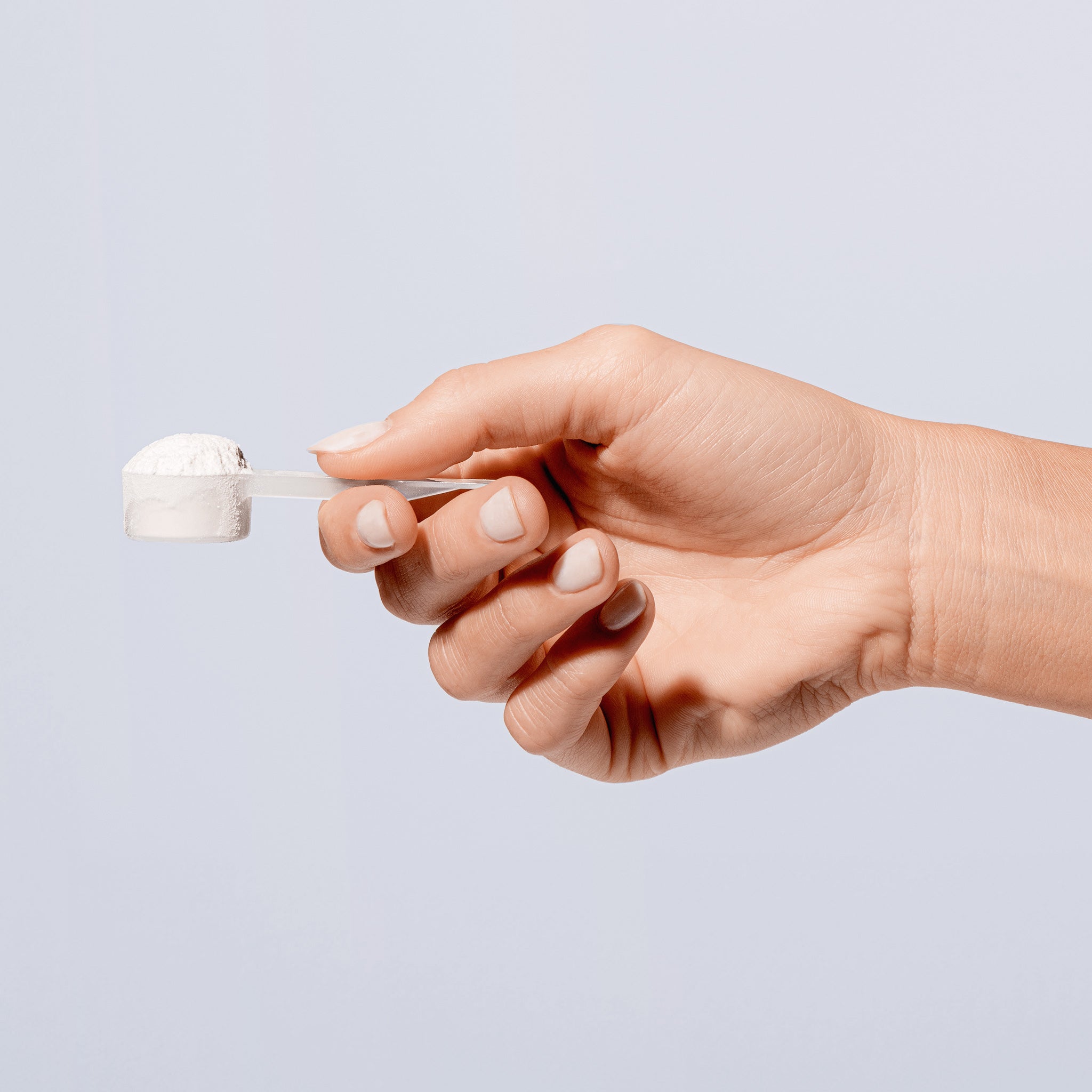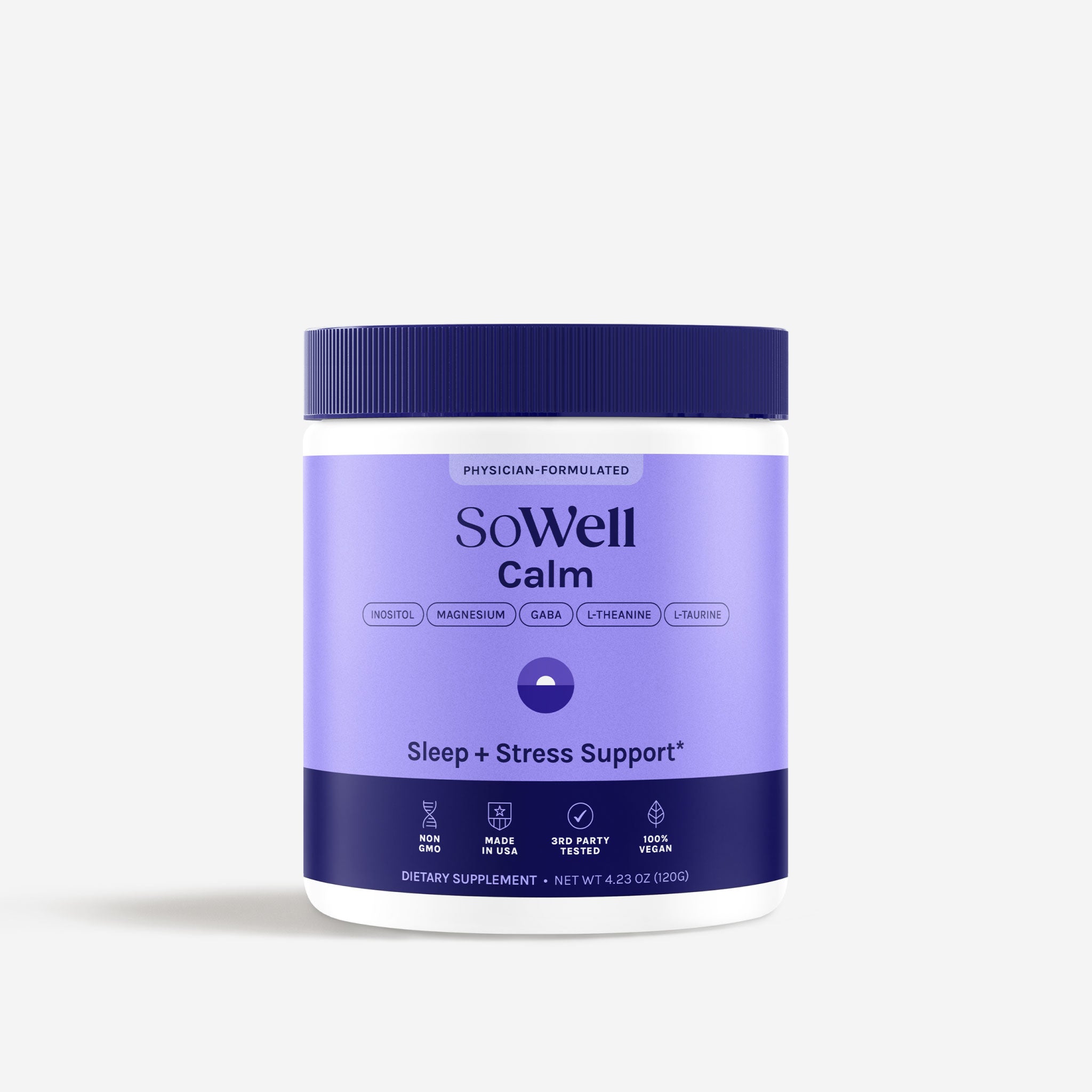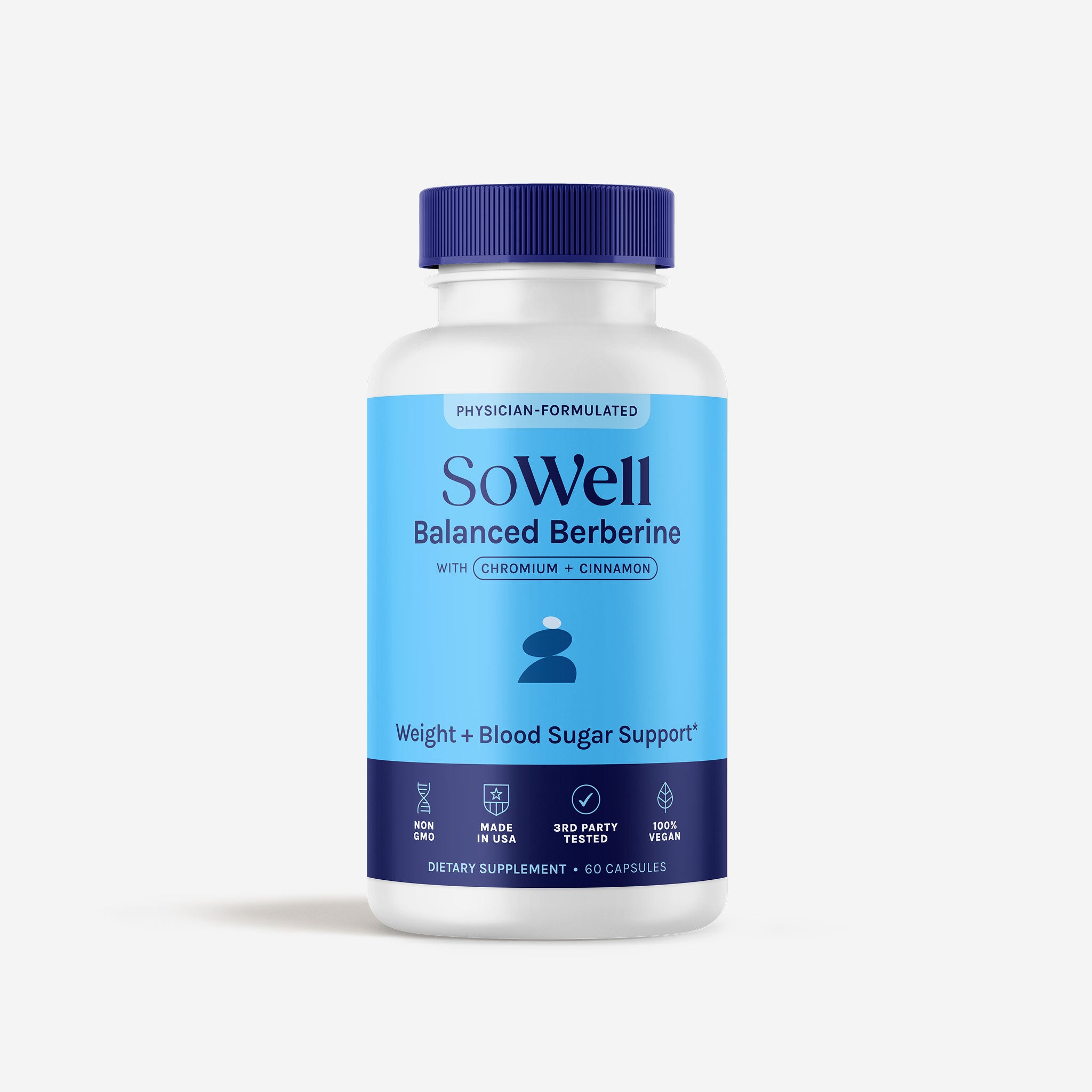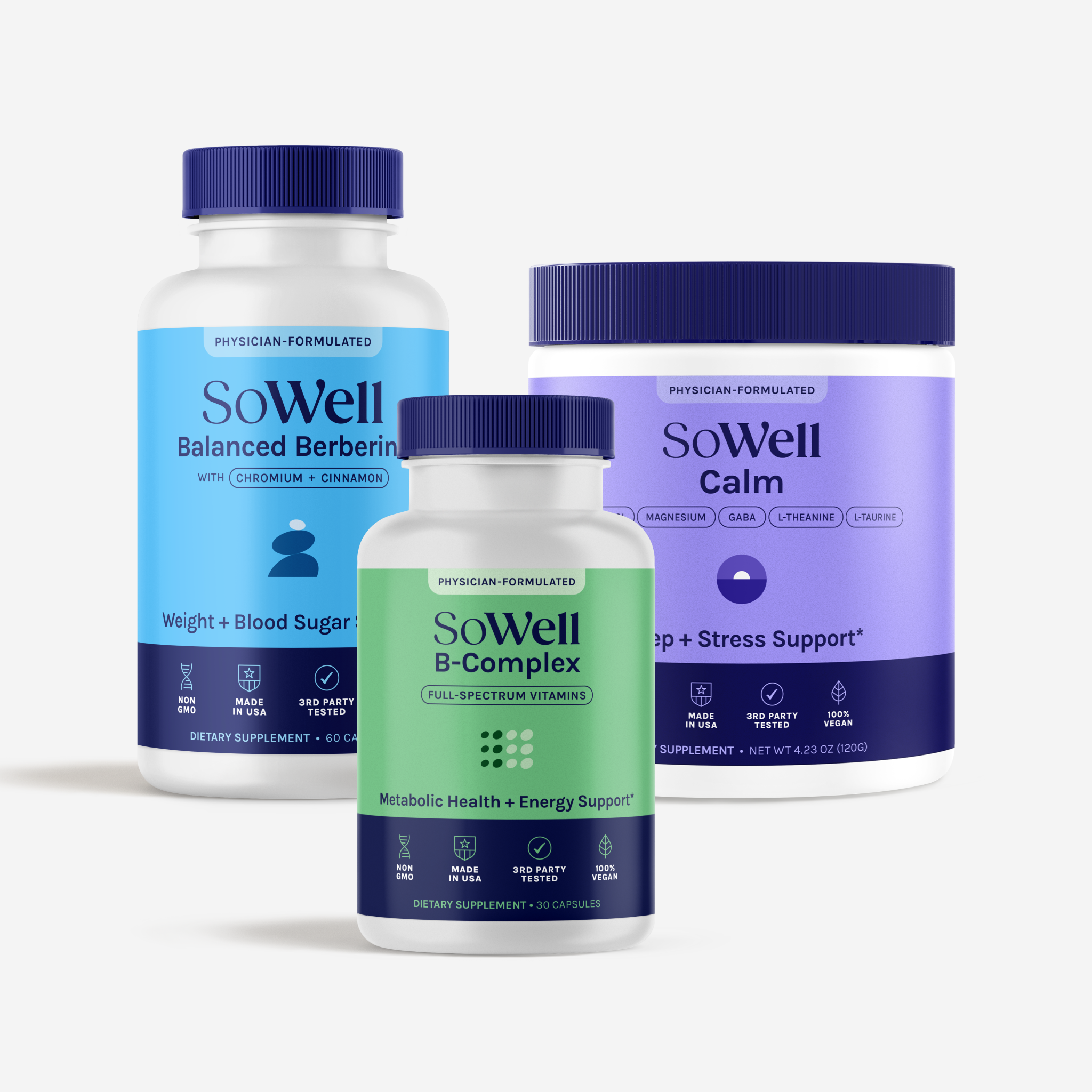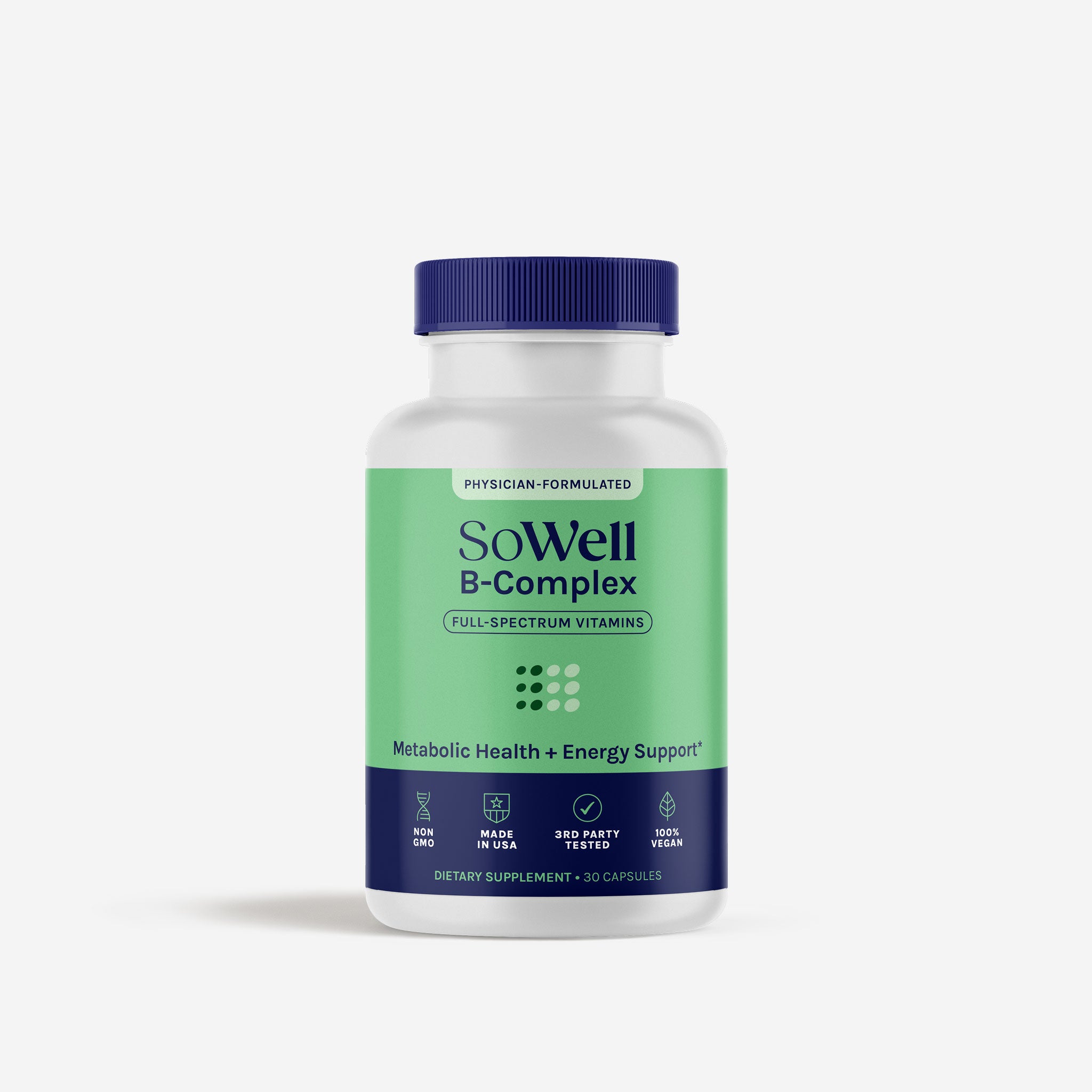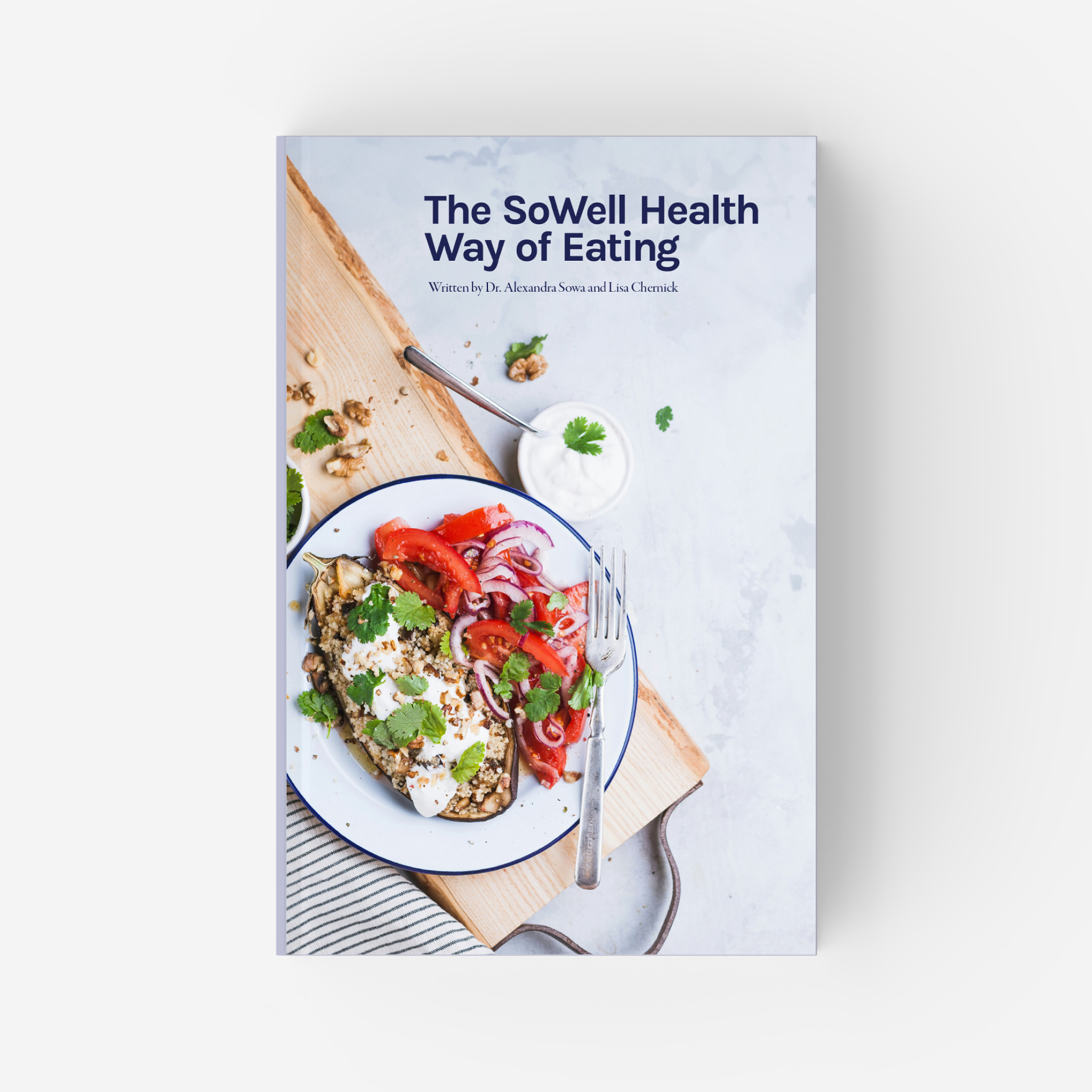
Weight loss support groups can jump-start your weight loss journey and set you up for long-term success. That added layer of accountability and support from others in the same boat is a powerful thing, and it's scientifically proven to work.
Studies show that a well-designed group weight loss program is more effective than going it alone, especially if you stick with it.
In one study, over 90% of participants in a group weight loss program made effective weight loss gains over the course of their time together.
The difference-maker seems to be that layer of social support. As a weight loss option, it's hard to go wrong with a group program.
Benefits of Weight Loss Support Groups
The benefits of joining a weight loss support group include an added layer of accountability and support from your group, a mental health boost, and a high-quality approach to weight loss.
1. You're held accountable by group members.
Losing weight is hard. Keeping it off can be even harder. Group supports can lead to a positive peer pressure effect when you feel like giving up. Knowing you have a group meeting on the calendar or regular check-ins from teammates may increase motivation to stick with the program.
2. Group members offer support you don't get elsewhere.
A cross-sectional study in Sweden showed that a lack of social support was one of the biggest obstacles to long-term weight loss.
Even among patients with a strong network of family and friends, having a regular group to share your failures and successes with is a different kind of support system. They're more likely to understand what you're going through every step of the way.
For GLP-1 users specifically, connecting with others who understand the unique experience of using these medications can be invaluable. The SoWell GLP-1 Support Group on Facebook offers a free community where you can ask questions, share wins, and get support from people who truly understand what you're going through on your GLP-1 journey.
3. Support groups are good for your mental health.
It's very powerful to have a group of people in your corner who understand what you're going through. It's also powerful to offer support to others struggling to lose weight or maintain weight loss.
Support groups can help you feel less alone, open up more honestly, and empower you to stick to new habits. Sharing successes with others feels good.
It's also established that obesity and depression are related. Any program that helps you get to a healthy weight and stay there is a positive step not only toward physical health, but mental health, too.
4. They can help post-surgery, too.
Group supports can help many patients avoid surgical interventions like gastric bypass, but they can also become a critical component of your care if you've decided to try surgical weight loss.
In fact, weight loss surgery support groups are a key component of long-term wellness for post-surgical patients. Positive long-term outcomes are much more likely among patients who find a solid group and stick with it.
5. High-quality programs take a healthcare approach.
If you're already on a plan that includes medical weight loss like GLP-1 medications (Ozempic, Wegovy, Mounjaro, Zepbound) or inositol supplements for PCOS, it's important to find a group program that considers that.
Who is the best person to help with weight loss? The best person to help with weight loss is a healthcare professional who specializes in a holistic approach to weight management.
Some patients struggle with weight gain due to other conditions at play, like type 2 diabetes or hormonal disorders. Polycystic ovary syndrome (PCOS) is the most common hormonal disorder responsible for weight gain in women, but it's not impossible to lose weight with PCOS.
Group weight loss programs that take a whole-body approach from diet plans to medication options are best for long-term weight management. In PCOS patients, that may mean group supports on top of lifestyle changes like PCOS diet and exercise plans.
Types of Support Groups for Weight Loss
There are several different approaches to group weight loss. What works best for you can depend on where you are with your weight loss goals, motivation, and existing conditions.
Common types of weight loss support groups include:
- Physician-led group programs: Groups with clinical support offer the best of both worlds. You get the group support and accountability from your peers with a layer of medical management from physicians as needed.
- GLP-1-specific support groups: If you're using medications like Ozempic, Wegovy, Mounjaro, or Zepbound, finding a group that understands the unique side effects and challenges of these medications can be especially helpful. The SoWell Society focuses specifically on metabolic health and GLP-1 support.
- In-person local support groups: Local, in-person support groups vary from free informal sessions in your community to more structured groups. These include groups through local weight loss clinics.
- Online support groups (usually peer-led support groups): Online groups range from weekly virtual sessions to self-guided online forums.
- Online weight loss apps: Some calorie counting and fitness apps offer online forums for tips and successes. This works best with patients motivated to track progress.
- Commercial programs: Many large commercial programs offer weekly meetups and loads of online resources, but they're often led by health coaches rather than physicians.
Should You Go to an In-Person or Online Group?
When it comes to actual results, in-person and online support groups are both better than tackling weight loss on your own.
If you're worried that Zoom calls and online support group meetings won't be enough, studies show web-based programs are just as effective as in-person supports. They can make the experience more accessible and ease concerns about social anxiety.
That said, you may thrive in an in-person environment. The simple answer is this: Whatever helps get you to a healthy weight and stay there is the best kind of program for you.
Not sure where about your goal-setting? Measuring your body mass index (BMI) won't give you a complete picture of health, but it's a good way to understand a healthy range for your body. Our BMI calculator is a simple screening tool to get you started.
How To Get The Most Out Of Your Experience
Showing up to group meetings is a good start, but there's more you can do to get the most out of your experience:
- Find a group you'll actually attend. If you want to meet in-person, find a group that meets when you can. If you spend a lot of time on social mobile apps, an app-based program might make more sense for you. Sign up for a group that you can realistically attend (faithfully!) and that offers help with areas you have the resources to address, such as dietary changes or weight loss surgery prep.
- Select a group where you'll connect well with other participants. You may be comfortable meeting only with other women, or with people who share your cultural background, or people in your age bracket. Sharing common ground with the other members of your group will encourage you to attend regularly and stay connected. If you're on a GLP-1 medication, consider joining a GLP-1-specific community where members understand exactly what you're experiencing.
- Share honestly and often. Find a group dynamic that feels safe and is led by people you can trust. Don't hide the realities of your struggles or downplay an area you know gets in the way of you losing weight.
- Be open to creative solutions. You may not like the idea of surgery or medications, but in some cases, they're the best way to achieve your weight loss goals. You may need support from a nutritionist or dietitian to make radical changes to your diet that you've been avoiding. You'll get the most out of your weight loss support group if you're willing to try the best options for your specific situation.
- Get your individual needs addressed. If you think there are health conditions getting in the way of your weight loss, make sure you're in a program that addresses those needs. For instance, if you have been diagnosed with diabetes, you may need to join a physician-led group rather than an online forum to ensure you're losing weight safely.
- Make sure you're ready. If your motivation is low or you have many different stressors in your life right now that are likely to interfere with your progress, it may not be the right time for a group program.
Not sure whether you're ready to dive into a weight loss group? Take our Weight Loss Mindset Assessment to see whether this is the right time for you to embrace a new lifestyle.
Find a Weight Loss Support Group Near You
It's easier to get started with weight loss near you when you know where to look:
- SoWell GLP-1 Support Group: Join our free Facebook community designed specifically for people using GLP-1 medications like Ozempic, Wegovy, Mounjaro, and Zepbound. Get support from others who understand the unique challenges of these medications, plus access to educational resources from Dr. Alexandra Sowa's proven SoWell Method.
- Obesity Action Coalition (OAC): This nonprofit offers a free online membership community with resources and virtual support for people living with obesity.
- Meetup: This social media platform offers thousands of opportunities for people seeking informal weight loss support, including fitness buddies.
- Weight Loss Support Apps: Some of our favorites include WW, BetterTogether, Noom Circles, and MyFitnessPal's community. These apps and their community sections range in cost from free to $59 per month.
- Yelp: That site you use for restaurant reviews can also be a resource for dietitians and weight loss groups near you.
- Facebook Groups: Beyond the SoWell GLP-1 Support Group, there are many peer-led communities on Facebook. While these groups may not have medical professional support, they can provide valuable peer connection and motivation.
- Local hospitals: Your local hospital system may offer regular support groups both in-person and virtually, especially if you're looking for bariatric surgery support groups.
GLP-1 Users: You're Not Alone
If you're taking a GLP-1 medication like Ozempic, Wegovy, Mounjaro, or Zepbound, you're part of a rapidly growing community. With 1 in 8 Americans now using these medications, finding others who understand your experience has never been easier.
The unique challenges of GLP-1 medications include managing side effects like nausea, constipation, and decreased appetite while ensuring you're getting adequate protein, fiber, and hydration. Having a support system that specifically addresses these concerns can make all the difference in your success.
Join the SoWell GLP-1 Support Group to connect with others navigating the same journey, access evidence-based educational content, and get your questions answered by people who've been there.
What if I Can't Afford a Weight Loss Support Group?
Many people believe they can't afford weight loss programs, but there are affordable options to add a social dynamic to your weight loss journey.
Apps like WW and Noom cost fewer than $20-59 per month, while BetterTogether is free to use. Many online forums are free to join and participate in, including the SoWell GLP-1 Support Group on Facebook.
Some in-person weight loss programs, especially those through hospitals, offer discounts or income-based pricing. And that's good news, because studies show a positive correlation between culturally sensitive weight loss programs and success rates for groups that may not think they have enough resources to join.
How much does weight loss support cost? Weight loss support can cost nothing in some cases, but higher-quality programs that include medical management come at a higher cost. Most insurers won't cover weight loss programs, despite their proven efficacy.
It's still important that you find a support group that relies on established medical advice, especially if there are other conditions at play. Online forums may feel like enough, especially when they're free, but some aren't moderated for safety or precautions. In many cases, your existing medical conditions may necessitate a provider-led option.
Long-Term Weight Loss, For Real.
What can I do to lose weight? To lose weight, you can make lifestyle changes to diet and exercise, investigate obstacles to weight loss, and join a group weight loss program that keeps your individual needs in mind.
At SoWell, we empower our members to learn more about metabolic function, hormonal effects on weight loss, and how to feel better long-term. Our weight loss program blends that individualized approach with the power of group support.
Whether you're just starting your journey or you've been using GLP-1 medications for months, connecting with others who understand your experience can be the key to lasting success.
You deserve to feel better.
Jump-start your weight loss today
Sources
- Porca, C., Rodriguez-Carnero, G., Tejera, C., et al. (2021). Effectiveness to promote weight loss maintenance and healthy lifestyle habits of a group educational intervention program in adults with obesity: IGOBE program. Obesity Research & Clinical Practice, 15(6), 570-578.
- Kubota, A., Nagata, J., & Sugiyama, M. (2008). Effects of a weight loss program with group participation supported by strengthened social support. Nihon Koshu Eisei Zasshi, 55(5), 327-340.
- Chhabria, K., Ross, K. M., Sacco, S.J., et al. (2020). The assessment of supportive accountability in adults seeking obesity treatment: Psychometric validation study. Journal of Medical Internet Research, 22(7), e17967.
- Molarius, A., Lindén-Boström, M., & Karlsson, J. (2020). Desire to lose weight and need of weight loss support in the adult population-Results from a cross-sectional study in Sweden. Obesity Science & Practice, 6(4), 373-381.
- Fabricatore, A. N., Wadden, T. A., Higginbotham, A. J., et al. (2011). Intentional weight loss and changes in symptoms of depression: a systematic review and meta-analysis. International Journal of Obesity, 35(11), 1363-1376.
- Andreu, A., Jimenez, A., Vidal, J., et al. (2020). Bariatric support groups predicts long-term weight loss. Obesity Surgery, 30(6), 2118-2123.
- Barber, T. M., Hanson, P., Weickert, M. O., et al. (2019). Obesity and polycystic ovary syndrome: Implications for pathogenesis and novel management strategies. Clinical Medicine Insights, 13.
- Mamalaki, E., Poulimeneas, D., Tsiampalis, T., et al. (2022). The effectiveness of technology-based interventions for weight loss maintenance: A systematic review of randomized controlled trials with meta-analysis. Obesity Reviews, 23(9), e13483.
- Abbott, S., Smith, E., Tighe, B. and Lycett, D. (2021), Group versus one-to-one multi-component lifestyle interventions for weight management: a systematic review and meta-analysis of randomised controlled trials. Journal of Human Nutrition & Dietetics, 34, 485-493.
- Graham, J., Tudor, K., Jebb, S. A., et al. (2019). The equity impact of brief opportunistic interventions to promote weight loss in primary care: secondary analysis of the BWeL randomised trial. BMC Medicine, 17(1), 51.
- Ufholz, K. Peer support groups for weight loss. (2020). Current Cardiovascular Risk Reports, 14, 19.





